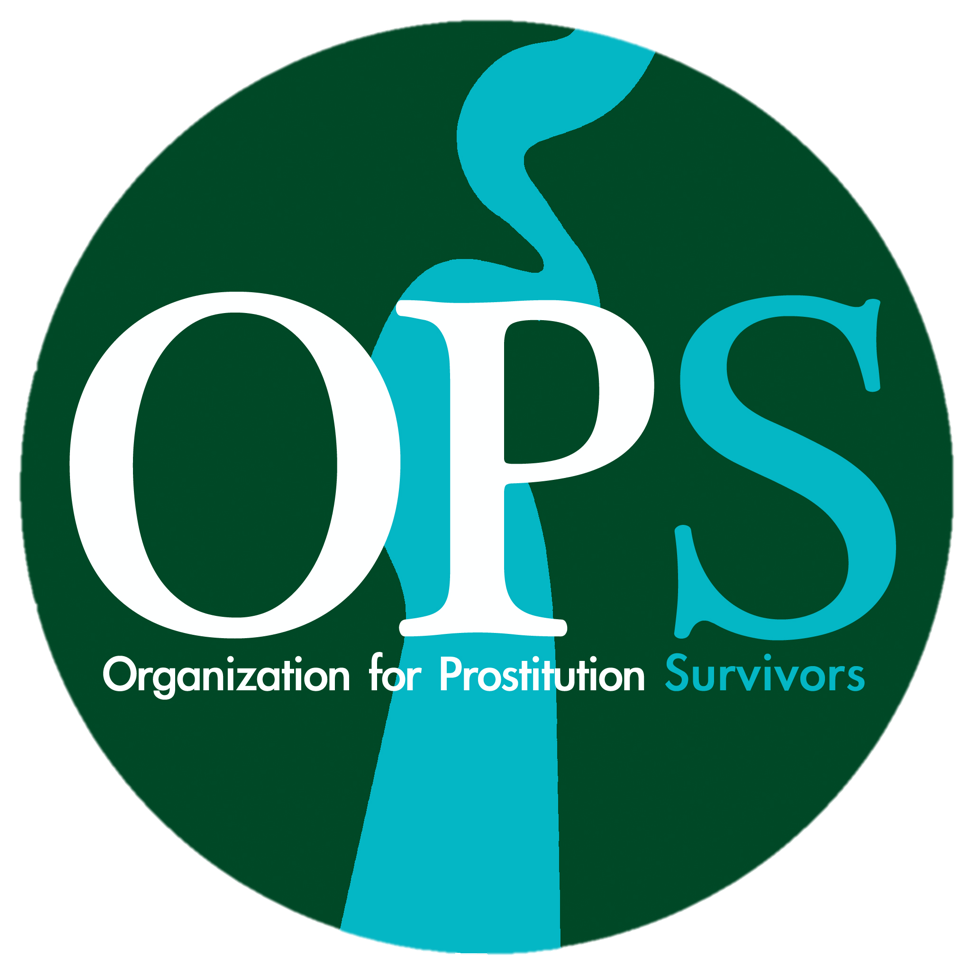Breaking Free: Understanding and Breaking Trauma Bonds
Breaking free from trauma bonds can be an incredibly challenging journey for survivors of exploitation and abuse. These invisible emotional ties between an individual and their trafficker or pimp can create a complex web of emotions that make it difficult to break away, even when the survivor knows the harm that is being inflicted upon them. In this blog post, we will explore the concept of trauma bonding, its stages, and provide strategies for breaking free and reclaiming your life.
Understanding Trauma Bonds:
Trauma bonding is a powerful emotional connection that forms between two individuals, where one inflicts trauma on the other but also provides moments of kindness, affection, or respite. It can be confusing and deeply entangled, making it hard to recognize and overcome the abuse. Survivors find themselves questioning their own experiences and emotions, often believing that the abusive person truly loves them. This coercion and emotional manipulation by the trafficker or pimp can prevent survivors from recognizing the abuse for what it is.
The 7 Stages of Trauma Bonding:
1. Love Bombing: At the beginning of a relationship, the abuser showers the survivor with excessive flattery and praise, creating an overwhelming idea of love.
2. Trust and Dependency: The abuser manipulates the survivor into trusting them completely, aiming to make them dependent on the relationship. This stage instills hope for a future after the abuse stops.
3. Criticism: The abuser starts picking apart the survivor's self-esteem, placing blame on them during arguments and leading them to doubt themselves.
4. Gaslighting: Gaslighting is a form of psychological abuse where the abuser manipulates the survivor into questioning their reality and making them feel "crazy."
5. Resignation & Submission: The survivor gives in to avoid conflict, feeling that it is easier to comply with the abuser's demands to maintain a false sense of 'peace.'
6. Loss of Self: The trauma bond breaks down the survivor's confidence and sense of self, leaving them feeling disconnected, isolated, and struggling to recognize their own identity.
7. Addiction: The trauma bond creates a cycle of abuse and positive reinforcement, addicting the survivor to the emotional highs and lows. Dopamine and oxytocin levels in the brain become dysregulated, causing emotional addiction and conflicting thoughts.
Breaking the Trauma Bond:
Breaking free from trauma bonding is a complex process that requires support, self-reflection, and self-care. Here are some strategies that can help survivors on their journey to freedom:
1. Acknowledge the Present: Instead of holding onto hopes of change or idealizing the person as they were in the beginning, focus on the current reality of the abusive relationship.
2. Look at the Evidence: Pay attention to the actions and behaviors of the abuser, rather than getting caught up in their empty promises or words of love. Actions speak louder than words.
3. Practice Self-Care and Positive Self-Talk: Nourish your mind, body, and soul. Build yourself up through positive affirmations, take care of your physical and emotional health, and engage in activities that bring you joy and relaxation.
4. Journaling: Writing down your thoughts, feelings, and experiences can help you gain clarity, process emotions, and identify patterns and triggers related to the trauma bond.
5. Develop Healthy Coping Mechanisms: Find healthy ways to manage stress and anxiety, such as deep breathing, meditation, yoga, or seeking support from trusted friends, family, or therapists.
Remember, breaking a trauma bond is a journey unique to each survivor. It takes time, patience, and courage. You are not alone on this path to healing and freedom. We invite you to join our Survivor Support Group, where you can connect with other survivors, share insights, and receive valuable support.
Trauma bonds can be overwhelming and make it challenging to escape abusive relationships. However, by understanding the stages of trauma bonding and incorporating strategies for breaking free into your healing journey, you can reclaim your life and find hope, resilience, and empowerment.
Remember, you are deserving of a life free from exploitation, and we are here to support you every step of the way.
Together, we can break the chains of trauma and build a future filled with healing and transformation.



